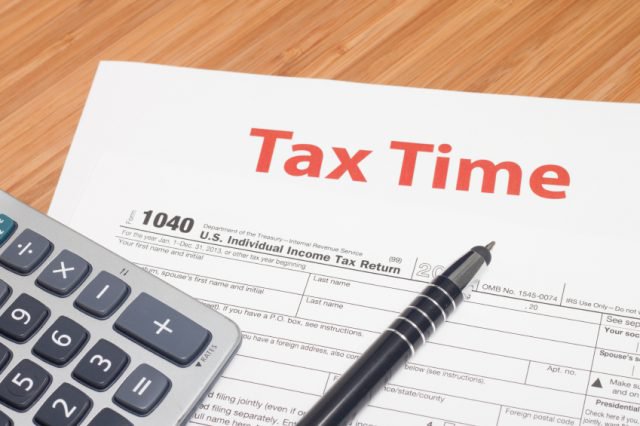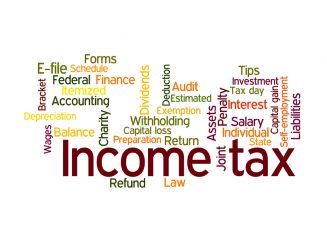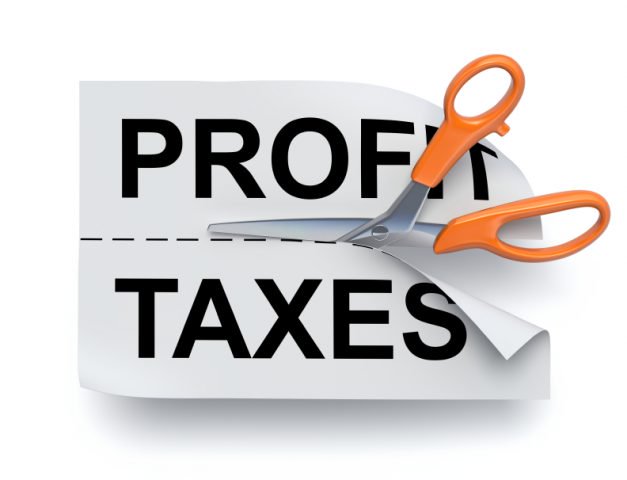The Private Rental Sector Will Continue to Grow, Despite Clampdown on Landlords, Says Savills
Over the last few months, landlords have been subject to forthcoming changes to the buy-to-let market, which could dampen future investment. However, Savills believes that the private rental sector will continue to grow, despite the measures.
The Government has announced a series of policies designed to clamp down on buy-to-let investors and increase homeownership in the country. The changes to landlord law and finances are detailed here: /contrary-to-popular-belief-buy-to-let-is-not-dead-insists-finance-firm/

The Private Rental Sector Will Continue to Grow, Despite Clampdown on Landlords, Says Savills
Despite the changes, demand for rental properties appears to be as high as ever, with the latest forecast from Savills suggesting that the sector will continue to grow for years to come.
The country’s strengthening economy and improved employment figures, which have hit an all-time high recently, would usually push up the number of homebuyers. However, the continuing surge in house prices – the average is edging closer to £300,000 – means that many people are still priced out of the property market, leaving the private rental sector in a state of constant expansion.
Savills reports that the Government’s statistics reveal the private rental sector has grown by around 17,500 homes per month for the ten years to the end of 2014. The firm believes that this growth will continue over the next few years, with Government policies designed to dampen the market having only a minimal impact.
Despite continued demand, private tenants may start to feel the pinch, as landlords are forced to raise rents in response to changes to their finances.
At present, there are 4.6m households in the private rental sector, with 260,000 added each year, says Savills.
But even with the Government trying to push for increased homeownership, it is only expected to bring around 40,000 new homeowners per year from the private rental sector, meaning that rental market growth will still continue, rising by only 15% less than the current level, at 220,000 per year.
With constant high demand expected for the sector, institutional investors are seeking clarity from the Government regarding their exemption from certain policies.
Originally, it was stated that institutional investors (those purchasing 15 or more properties in one transaction) would be exempt from the Stamp Duty surcharge arriving in April, but this has not been confirmed.
Additionally, landlords that operate as limited companies will not be subject to the cut in mortgage interest tax relief, set to be implemented gradually from 2017. Over 40% of landlords are looking at forming a limited company to avoid the change.
If large-scale investors are not exempt from the Stamp Duty surcharge, there is a risk of a lack of money, and therefore shortage of supply, coming into the private rental sector.










